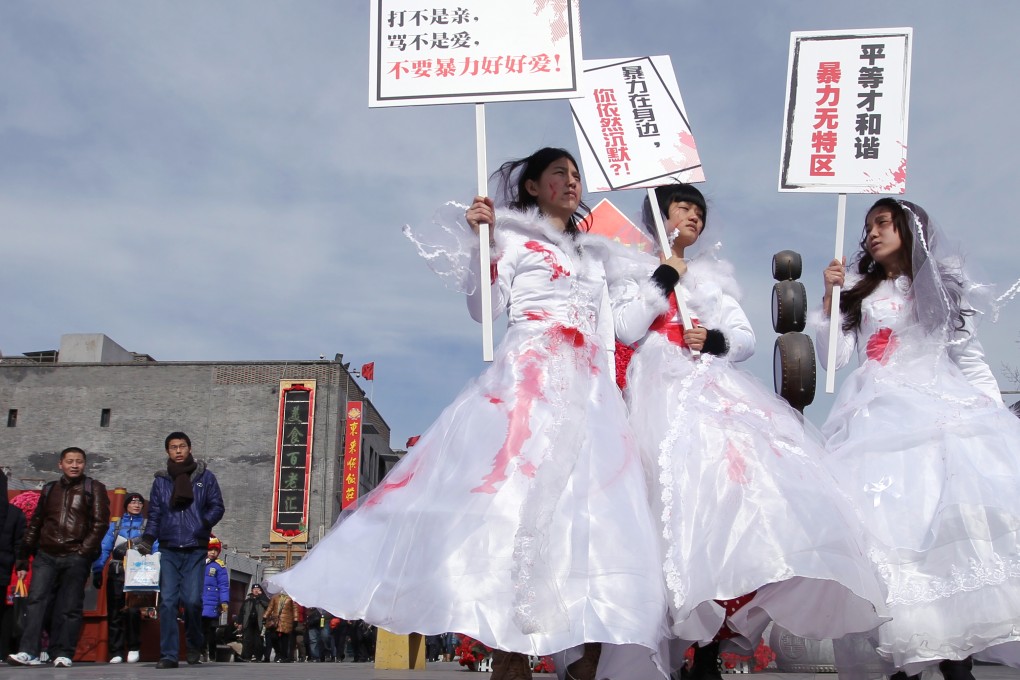In Xi Jinping's crackdown on civil society, even women's rights activists aren't spared
Chang Ping says the detention of five activists marks a milestone in Xi's crackdown on dissent

Just before International Women's Day on March 8, Chinese police detained a number of women's rights activists in Beijing, Guangzhou and Hangzhou . Five of the activists - Li Tingting (better known as Li Maizi), Wei Tingting, Wang Man, Zheng Churan and Wu Rongrong - are suspected of "picking quarrels and provoking troubles", a charge police have used in recent years to target dissidents. The women were planning to protest against sexual harassment on public transport.
The five are thought to be the first people in modern Chinese history to be arrested for championing women's rights.
Wang Zheng, a professor of women's studies at the University of Michigan, said China's first large-scale women's rights movement took place in the midst of the 1911 republican revolution, but it was crushed soon after Yuan Shikai took power a year later. Until March 6 this year, his was the only government in Chinese history to have openly cracked down on the feminist movement. The "tragedy of history repeating itself" a century after the historic movement is reason enough for Chinese feminists to unite in opposition, Wang said.
Women's rights and gender equality groups in Hong Kong and elsewhere have called on the Chinese government to release the activists. Demonstrators have also taken to the streets in London, Seattle, New York and other cities to protest at Beijing's actions.
This kind of global protest no longer fazes the Chinese government, of course. Even so, the crackdown we see here is something new.
During the cold-war years, socialist countries liked to profess their support for gender equality to flaunt the superiority of leftist thinking. In China, International Women's Day was used by the government to show off women's status in society and their contented lot. Women were to be pampered on this day, and some workers' unions would give the women towels, film tickets, sanitary products and even a half-day holiday.
Given jobs of their own, women in socialist countries have come to depend less on men and their family. Yet, like men, they have been turned into government-controlled labour resources and political tools. The crony capitalism and consumerism that have taken hold in Chinese society have also brought more problems for women.
